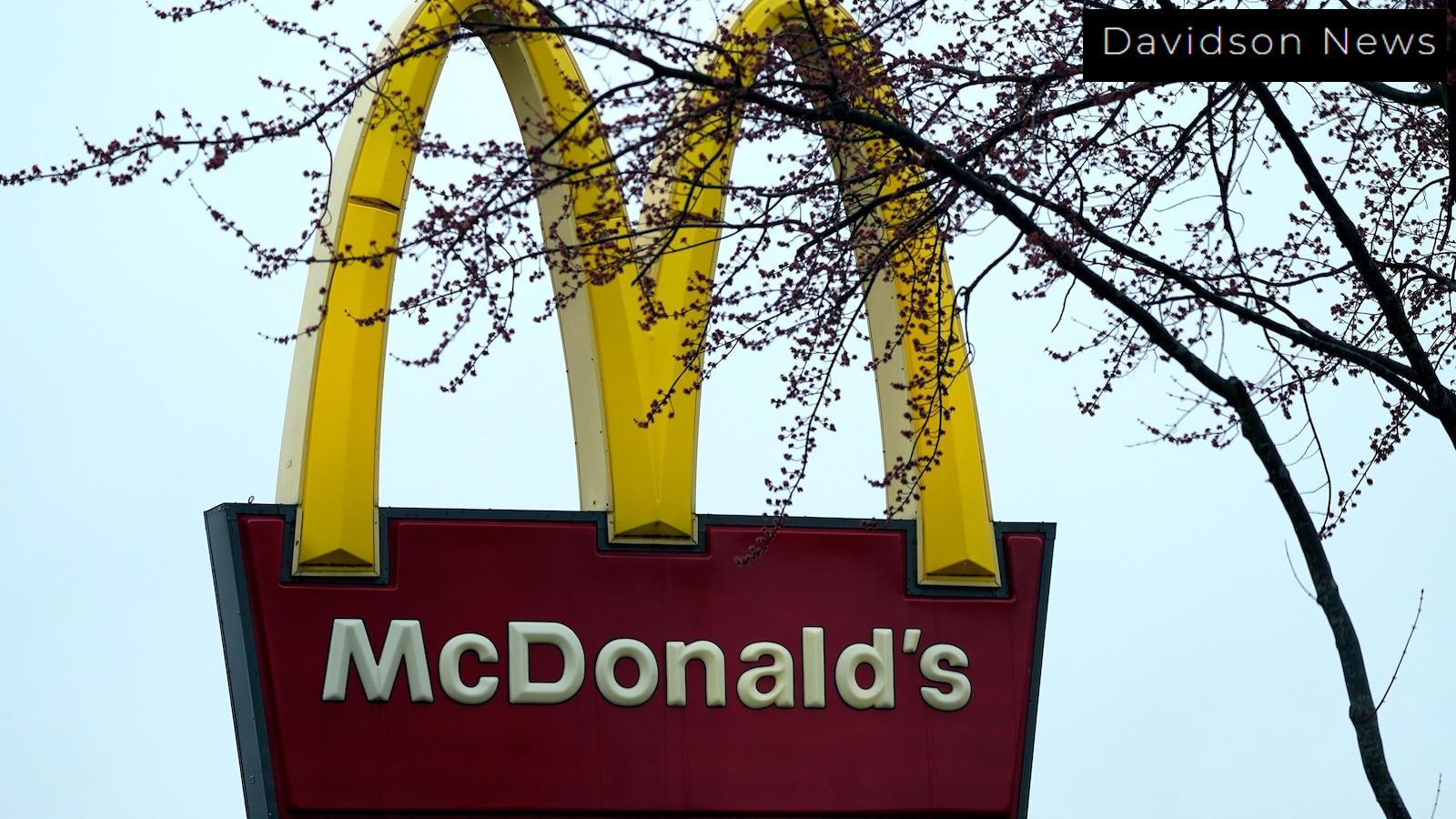Recent Changes in DEI Programs
In a surprising turn of events, major corporations like McDonald’s and Walmart have recently announced that they are rolling back some of their diversity, equity, and inclusion (DEI) initiatives. This follows a broader trend among several companies that include Ford, John Deere, and Harley-Davidson. These changes come in the wake of a ruling from the Supreme Court that has sparked discussions across the country about what DEI should look like in our workplaces today.
Why Are Companies Making These Changes?
Many of these adjustments appear to be responses to growing criticisms from conservative groups regarding DEI programs. These initiatives, which were designed to promote equal opportunities for all, especially for underrepresented groups, are now facing pushback. Critics argue that such programs can sometimes lead to unfairness in hiring and promotional practices. As a result, several organizations have chosen to prioritize their business strategies over DEI commitments, suggesting that the importance of DEI may be viewed differently by different leadership styles.
McDonald’s Initiatives Cut Back
McDonald’s is one of the first major corporations to announce changes in its DEI strategy. The fast-food giant has decided to eliminate certain senior leadership diversity goals and has stopped a training program aimed at enhancing supplier diversity. This decision was announced alongside the company’s claim that they still support inclusion, as they report that around 30% of their leaders in the U.S. represent underrepresented groups. Despite this assertion, the removal of these programs has raised eyebrows among advocates of DEI.
Walmart’s Approach to DEI
Walmart has also made headlines recently by stopping some of its DEI initiatives. This includes removing race and gender considerations from supplier evaluations and ceasing to collect demographic data for grant eligibility. Furthermore, the retail giant has decided to review its partnerships with events like Pride, signaling a significant shift in how they approach community engagement.
Other Companies Follow Suit
The shift away from DEI is not isolated to McDonald’s and Walmart. John Deere has announced that its Business Resource Groups will now focus solely on work-related topics instead of broader cultural issues. Similarly, Ford has stopped participating in the Human Rights Campaign’s benchmark index while maintaining that its Employee Resource Groups will remain open to all employees.
The Bigger Picture
Experts in corporate diversity are divided over the long-term effects of these rollbacks. Some believe that these changes could lead to a decrease in workplace diversity and inclusion. On the other hand, others argue that the situation might encourage companies to rethink their approaches and develop more effective strategies that genuinely support diverse talent without being forced. The debate continues, and as these corporations reassess their commitments, many are left wondering what this means for the future of DEI in the workplace.
Concerns from Community Advocates
Advocates for diversity emphasize the importance of maintaining robust DEI initiatives, suggesting that these programs are crucial for creating fair workplaces and improving organizational culture. They argue that rolling back DEI efforts could harm not just employees, but also the companies in the long run, potentially leading to less creativity and innovation due to a lack of diverse perspectives. The recent changes have stirred significant discussions among workers and community leaders about the necessity of inclusion and representation in all sectors.
Public Reactions and Protests
As news of these rollbacks spreads, many in the community and workforce are voicing concerns through protests and social media campaigns. Workers say that these cuts send a negative message regarding the importance of representation and fairness in the workplace, and they urge corporate leaders to rethink their decisions. The future of DEI discussions at the corporate level continues to ignite passion and debate, reminding us all of the pressing need for inclusion in our cities and workplaces.
